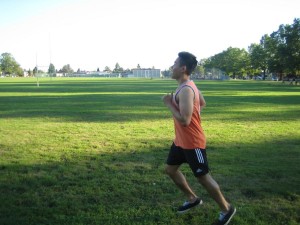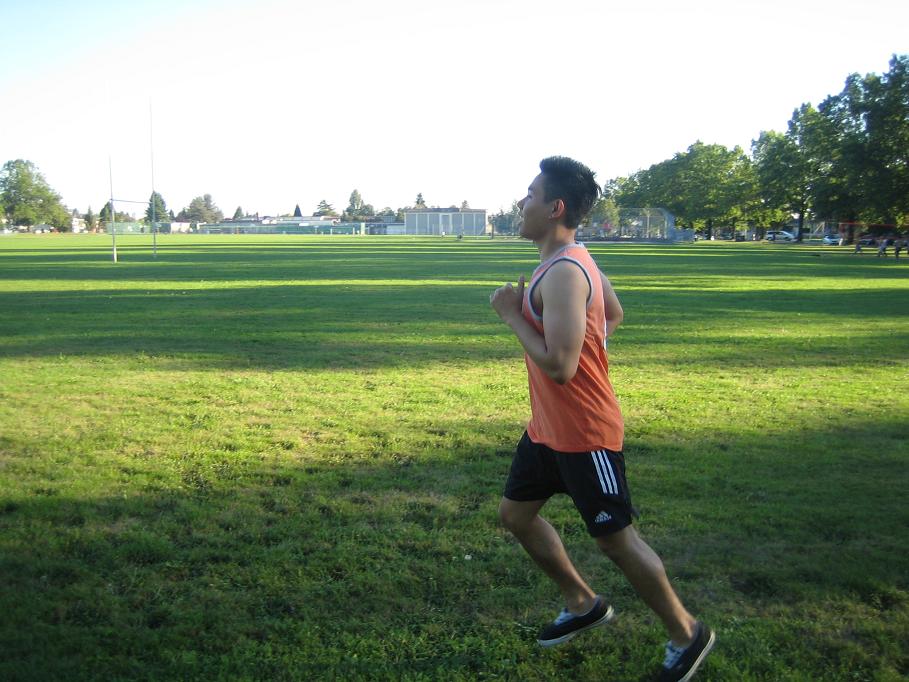Muscle stiffness is characterized by tight and contracted muscles rather than its supple state while at rest. There is a sensation of tautness and tightening in the muscles in which the muscles feel as if they are always bent. It is important to note that this stiffness can limit the normal range of motion. Oftentimes, the muscles feel rigid after engaging in vigorous activities such as weight lifting or physical labor.
There are also instances in which the muscles feel rigid after periods of inactivity such as getting out of bed in the morning or out of a chair after being seated for long periods of time. In some cases, muscle stiffness might be due to the following:
- Injury
- Muscle spasms due to overuse
- Infection
- Bleeding into the muscle
- Environmental exposure such as extreme cold or heat
- Toxic effect from a sting or bite
Muscle stiffness is usually a temporary symptom that can be resolved by stretching and movement. Nevertheless, it might also be an indication of a serious underlying disease.

What are the underlying causes?
There are various causes of muscle stiffness. In most cases, it is more than overuse or stiffness from lack of use since there are other accompanying symptoms. The doctor will check these symptoms to determine the cause of muscle stiffness.
- Overuse syndromes
- Acute HIV infection
- Rhabdomyolysis
- Generalized anxiety disorder
- Coccidiomyocosis
- Dermatomyositis
- Infectious mononucleosis
- Huntington’s disease
- Muscular dystrophies
- Legionnaire’s disease
- Heat illnesses
- Parkinson’s disease
- Polio
- Sprains and strains
- Post-anesthesia
- Polymyalgia rheumatic
- Hypothermia
- Black widow spider bites
Management of muscle stiffness
In case the cause is known and appears minor such as due to exercise, adequate rest, application of cold or heat packs and massage are beneficial. Proper stretching and toning of the muscles are vital in keeping the muscles flexible as well as preventing muscle stiffness.
Regular exercise helps improve circulation and minimize the inflammation along with warm baths and massage. It is also vital to maintain good posture and check the ergonomics of furniture or equipment used at work or at home.
As for cases in which the cause for muscle stiffness is not known, set an appointment with a doctor. The medical history of the individual is checked and ask about the other accompanying symptoms. A blood test, CT scan or MRI might be requested. When the cause for muscle stiffness is determined, the suitable treatment can be started.

